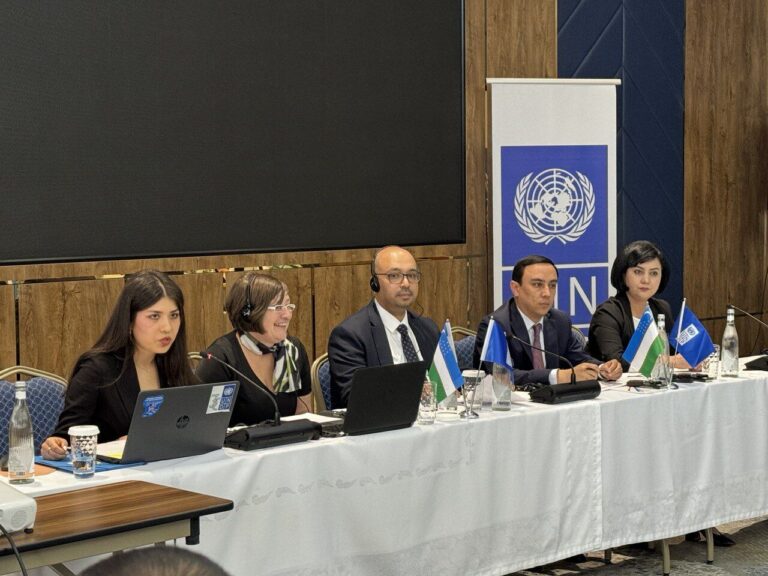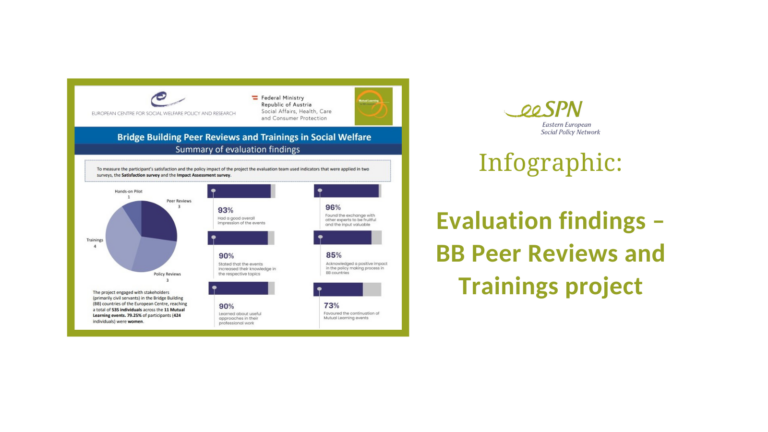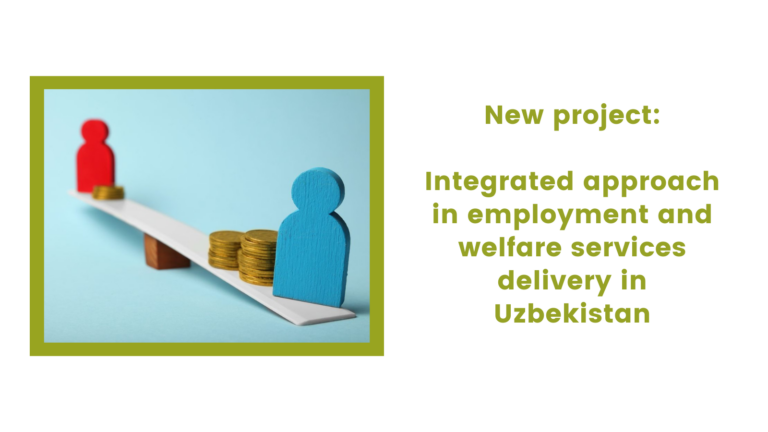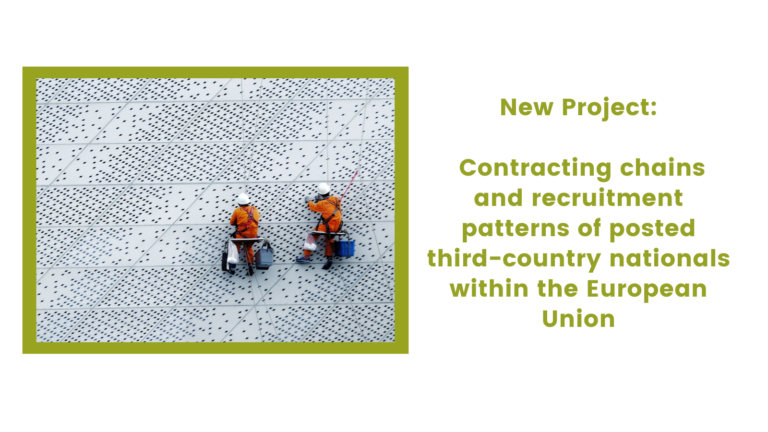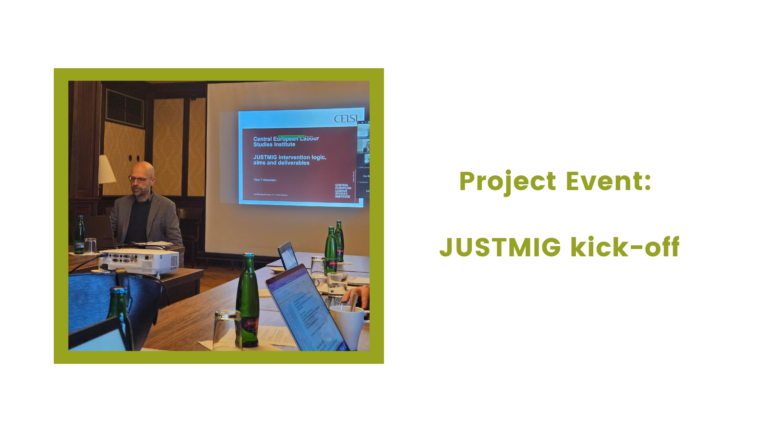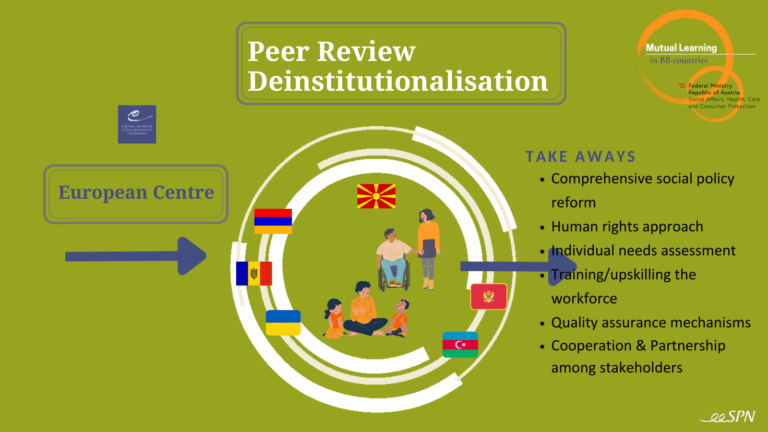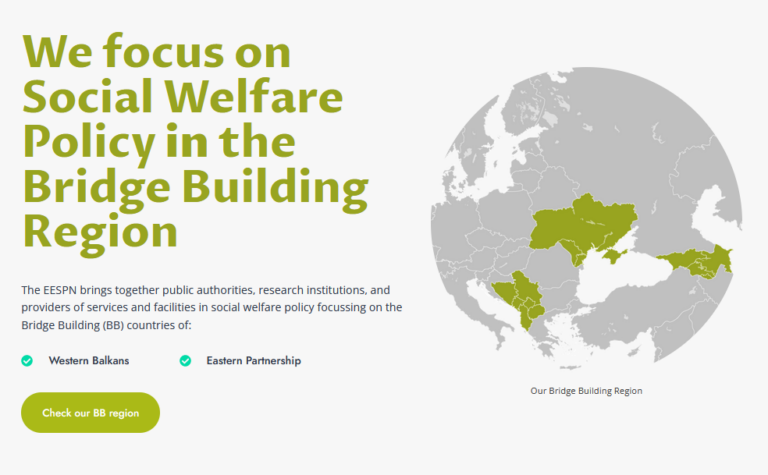New project: Support services for bilateral labor market cooperation in the Danube region
The European Centre is supporting the Austrian Federal Ministry of Labour and Economy (BMAW) in implementing bilateral labor market cooperation in the Danube region with the accession states Montenegro, Bosnia and Herzegovina, Serbia, Moldova and Ukraine with services such as studies, reviews and policy advise services during 2025-2029. Check out the project here.



